detail profile anouk ferjac
Peran Yang Di Mainkan Anouk Ferjac
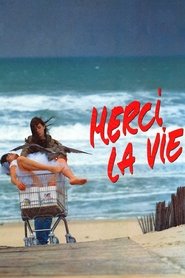 Camille a nave schoolgirl meets an...
Camille a nave schoolgirl meets an...Thank You, Life 1991
Camille, a naïve schoolgirl, meets an intriguing influence in Joelle, a slightly older and much more experienced spirit. Camille follows her new friend through the discovery of sex and the darker side of life. As the film progresses, Camille discovers AIDS and the fear that she may have picked up the disease in her early encounters.
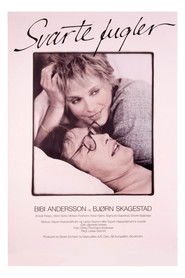 A meeting between the SwedishFrench Simone...
A meeting between the SwedishFrench Simone...Svarta fåglar 1983
A meeting between the Swedish/French Simone and the Norwegian Stein at a book convention in Frankfurt turns into something more. They keep contact by phone and cassettes, but it seems they don't dare to take the relationship any further.
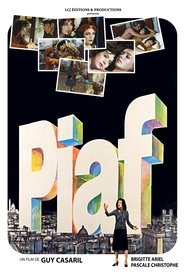 dith Giovanna Gassion is born in 1915...
dith Giovanna Gassion is born in 1915...Piaf 1974
Édith Giovanna Gassion is born in 1915. As a young girl she sings on the streets of Paris until a nightclub owner, Louis Leplée, discovers her. When he is murdered the composer Raymond Asso takes care of her and lets her perform at the ABC theatre, which leads to her breakthrough.
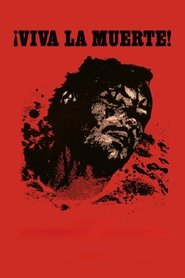 At the end of the Spanish...
At the end of the Spanish...Long Live Death 1971
At the end of the Spanish civil war, Fando, a boy of about ten, tries to make sense of war and his father's arrest. His mother is religious, sympathetic to the Fascists; his father is accused of being a Red. Fando discovers that his mother may have aided in his father's arrest. Sometimes we witness Fando imagining explanations for what's going on; sometimes we see him at play, alone or with his friend Thérèse. Oedipal fantasies and a lad's natural curiosity about sex and death mix with his search for his mother's nature and his father's fate. Will Fando survive the search?
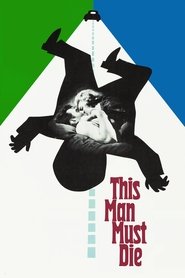 When his young son is killed...
When his young son is killed...This Man Must Die 1969
When his young son is killed in a hit and run accident, Charles Thenier resolves to hunt down and murder the killer. By chance, Thenier makes the acquaintance of an actress, Helène Lanson, who was in the car at the time of the accident. He then meets Helène’s brother-in-law, Paul Decourt, a truly horrible individual.
 Recovering from an attempted suicide a...
Recovering from an attempted suicide a...Je T'Aime, Je T'Aime 1968
Recovering from an attempted suicide, a man is selected to participate in a time travel experiment that has only been tested on mice. A malfunction in the experiment causes the man to experience moments from his past in a random order.
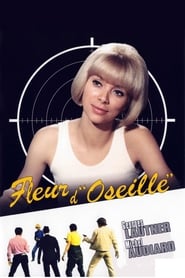 Catherine is left unmarried and pregnant...
Catherine is left unmarried and pregnant...Sorrel Flower 1967
Catherine is left unmarried and pregnant when her mobster sweetheart is killed in this gangster comedy. With the help of another unmarried mother-to-be, Catherine goes looking for the stash of cash buried by her lover before his death. Soon other thugs and her suspicious neighbors are following their every move in an attempt to recover the lost loot...
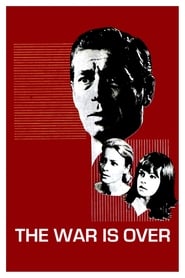 Diego is one of the chiefs...
Diego is one of the chiefs...The War Is Over 1966
Diego is one of the chiefs of the Spanish Communist Party. On his way from Madrid to Paris, he is arrested at the border for an ID check but manages to get free. When he arrives in Paris, he starts searching for one of his comrades to prevent him from going to Madrid where he could be arrested.
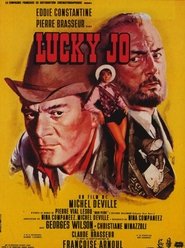 Lucky Jo and his three friends...
Lucky Jo and his three friends...Lucky Jo 1964
Lucky Jo and his three friends are little criminals, who try to live from small burglaries. But they never have luck - ever so often something inpredictable happens to Jo and gets one of them arrested. While Jo is in prison once again, they decide they'd better do without him in future. He decides to help them secretly...and unfortunately.
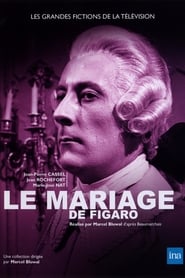 Comedy in five acts by Beaumarchais...
Comedy in five acts by Beaumarchais...The Marriage of Figaro 1961
Comedy in five acts by Beaumarchais, filmed by Marcel Bluwal in studio and on location. The cast, in accordance with Marcel Bluwal's wishes, is in keeping with the age and character of the characters, to give it rhythm. At once "a comic baroque play, a bourgeois drama, a chansonnier's number, a social satire, a farce and a very pretty love story" according to Marcel Bluwal, it can also be summed up, according to Beaumarchais, as "the most bantering of intrigues".
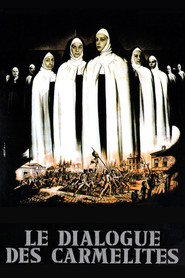 This drama about the Carmelite order...
This drama about the Carmelite order...The Dialogue of the Carmelites 1960
This drama about the Carmelite order of nuns is set during the French Revolution. A young woman seeks refuge with the Carmelites because she is terrified of dying during the upheaval. The longer she associates with the nuns the more she is transformed by their faith and devotion.
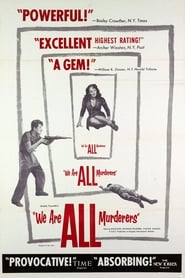 Originally titled Nous Sommes Tout des...
Originally titled Nous Sommes Tout des...We Are All Murderers 1952
Originally titled Nous Sommes Tout des Assassins, We Are All Murderers was directed by Andre Cayette, a former lawyer who detested France's execution system. Charles Spaak's screenplay makes no attempt to launder the four principal characters (Marcel Mouloudji, Raymond Pellegrin, Antoinine Balpetre, Julien Verdeir): never mind the motivations, these are all hardened murderers. Still, the film condemns the sadistic ritual through which these four men are brought to the guillotine. In France, the policy is to never tell the condemned man when the execution will occur--and then to show up without warning and drag the victim kicking and screaming to his doom, without any opportunity to make peace with himself or his Maker. By the end of this harrowing film, the audience feels as dehumanized as the four "protagonists." We Are All Murderers was roundly roasted by the French law enforcement establishment, but it won a special jury prize at the 1952 Cannes Film Festival.
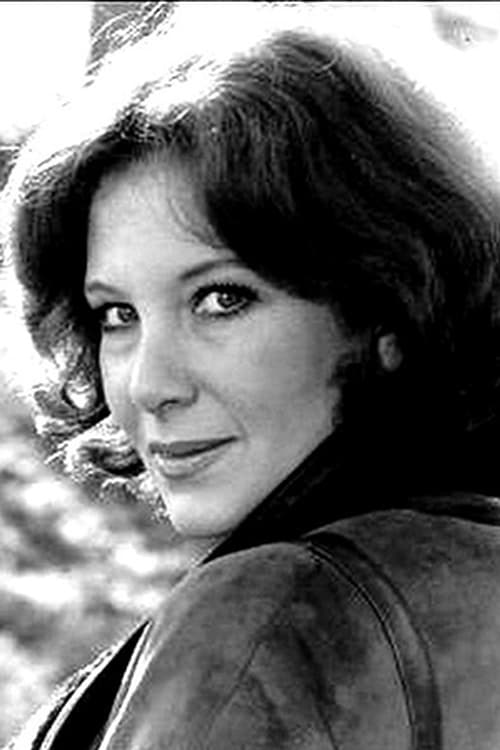
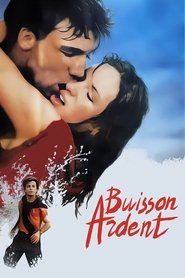 Jean and Julie meet again ten...
Jean and Julie meet again ten...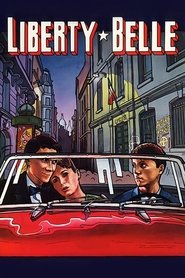 Liberty Belle tells the story of...
Liberty Belle tells the story of... In the fall of 1963 Anne is...
In the fall of 1963 Anne is...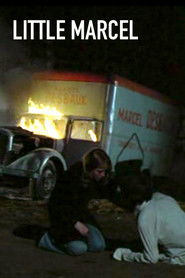 A homeless young man living in...
A homeless young man living in...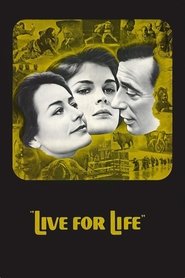 Famous TV newscaster Robert Colomb is...
Famous TV newscaster Robert Colomb is... This telefilm in black and white...
This telefilm in black and white...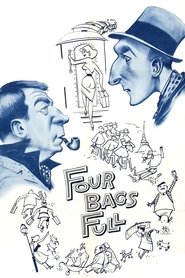 Two unlikely companions must smuggle four...
Two unlikely companions must smuggle four... Elsa Lundenstein is accused of having...
Elsa Lundenstein is accused of having...